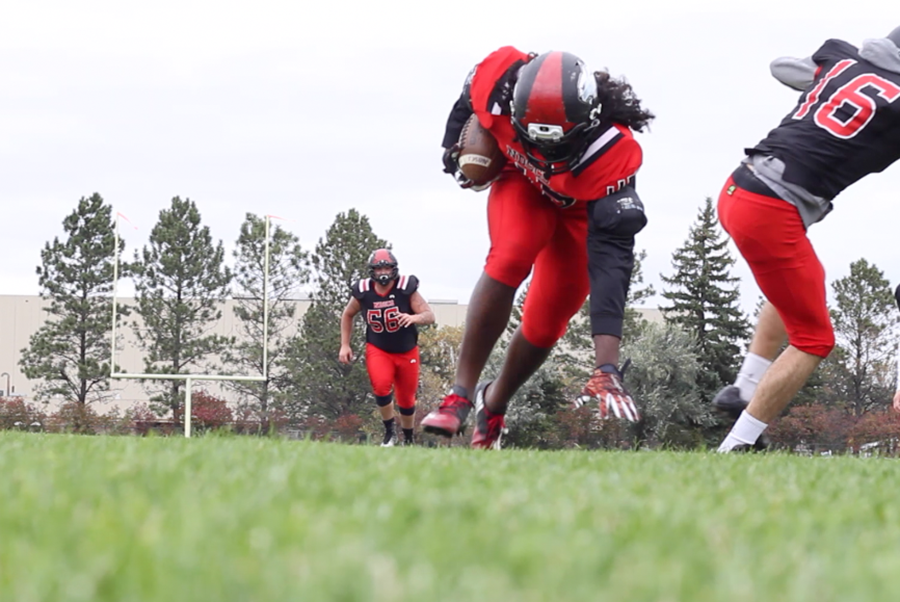
If you think drinking won’t affect your game, think again. It impairs muscle growth, dehydrates the body, prevents muscle recovery, depletes energy and affects memory and nutrition.
- Impairs muscle growth: exercising under the influence increases your likelihood of injury and impedes muscle growth. Long-term alcohol use diminishes your body’s natural protein production that results in a decrease in muscle growth.
- Dehydrates the body: Alcohol is a potent diuretic that causes dehydration and electrolyte imbalances. This slows muscle recovery and healing. When dehydrated, an athlete is at more risk for cramps, muscle pulls and muscle strains.
- Getting hydrated before, during and after drinking alcohol will help. The best thing you can do? Alternate alcoholic and non-alcoholic drinks during the evening to replenish the body immediately. - Prevents muscle recovery: Because drinking affects your sleeping patterns, your body’s HGH hormone decreases. HGH helps your body build and repair muscles and alcohol can decrease this by as much as 70%. It can also reduce testosterone levels, which is associated with a decrease in muscle mass leading to impaired performance!
- Affects memory and nutrition! Alcohol affects the functioning of the hippocampus, which is the part of your brain that is vital to making memories. The majority of memory making happens when you are sleeping – which alcohol disrupts! This causes a reduction in your brains ability to process information.
- Alcohol is not digested, but absorbed in the bloodstream and your body cannot store alcohol for future energy use, like we do with carbs. Alcohol has a ton of calories and alcohol consumption increases fat storage and can adversely affect your percentage of body fat. Click here to see how many calories are in your drink!